Research - European Studies - Department of Historical Studies
European Studies
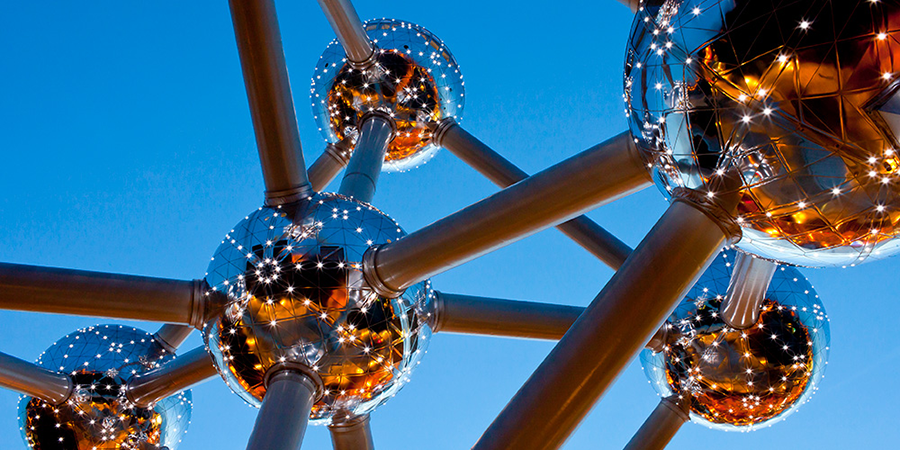
The European Studies research cluster investigates processes of European integration and cooperation, the functioning of the European Union and relations between European countries and peoples from 1945 to the present day. We analyse the establishment and development of policies and institutions over time, the societal patterns of collaboration and conflict that generated them as well as the new forms of cooperation and conflict that arise as a result. Norway’s relationship with the rest of Europe and the EU is a strong research focus, too. Various disciplines, most notably History and Political Science, are represented in the European Studies cluster.
Our research relates closely to and informs our teaching in the BA in European Studies and the MA in European Studies.
Research Projects
These are projects and researchers in the discipline:
The ongoing project entitled “Constructing Global Norms: International Organizations, Holocaust Remembrance and Genocide Education” investigates the agenda-setting phase of actors and networks working to establish particular frames for Holocaust remembrance and genocide education. The aim is to explore to what extent, how and why Holocaust remembrance has been enshrined as a code for global norms for human rights and democracy. - Anette Homlong Storeide
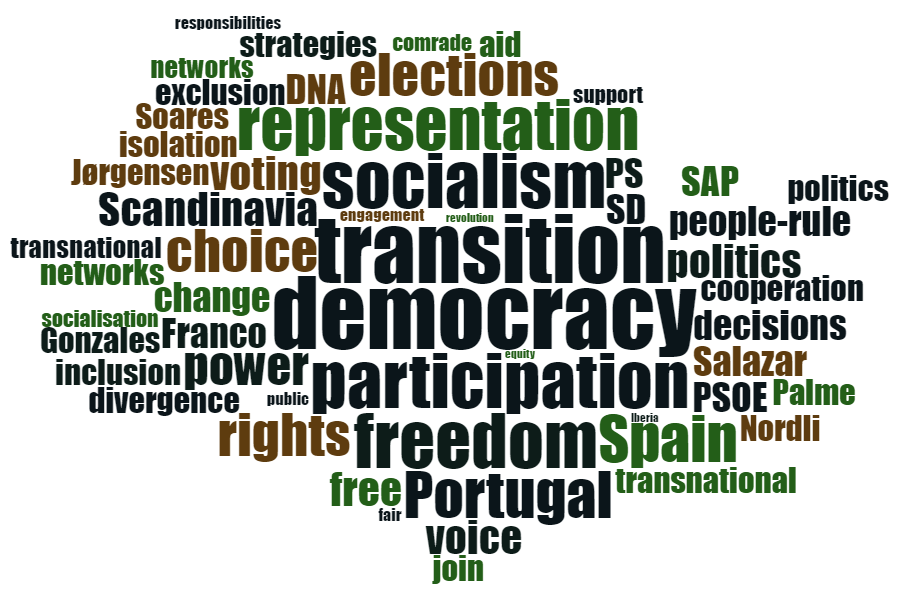 This PhD project examines how the Scandinavian social democrats handled the issue of incorporating the young, unstable democracies on the Iberian Peninsula into the Western community of democracies. It explores the role of the transnational social democratic network and diverging views on how best to further democratization. - Stine Bonsaksen (2016 - 2020)
This PhD project examines how the Scandinavian social democrats handled the issue of incorporating the young, unstable democracies on the Iberian Peninsula into the Western community of democracies. It explores the role of the transnational social democratic network and diverging views on how best to further democratization. - Stine Bonsaksen (2016 - 2020)
 This project investigates the EU’s efforts to secure its supply of raw materials from external sources. It will examine how this influenced the integration process from 1945 until the present, and how the EU has sought to shape its external environment in order to facilitate access to natural resources.
This project investigates the EU’s efforts to secure its supply of raw materials from external sources. It will examine how this influenced the integration process from 1945 until the present, and how the EU has sought to shape its external environment in order to facilitate access to natural resources.
Funding: Norwegian Research Council
Mats Ingulstad, Hans Otto Frøland (2016 - 2020)
The project explores the lack of reform of the Common Agricultural Policy (CAP) by analysing the role and influence of organized farm interests. In exploring how and why farmers were able to prevent CAP reforms, it traces the institutional and ideational Europeanisation of farm interests; explores the effects of these changes on farmers’ strategies for collective action, and assesses their impact on the CAP. Carine Germond
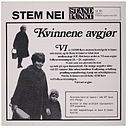
How did Norway, the only country that has rejected EU membership twice in referendums in 1972 and 1994, end up as the EU’s most integrated outsider? Based on unpublished material from Norwegian, EFTA and EU archives, this book project investigates Norway’s policy towards European economic and political integration from World War II to today. It offers fresh perspectives on Norwegian European policy, on EFTA-EU relations, on Nordic cooperation, the emergence of the EEA Agreement and present-day political discourse. The book is under contract with Fagbokforlaget. - Lise Rye
The PhD project examines whether expeditionary warfare has strengthened the military in Nordic countries. While we can expect the shock of 9/11 to change the balance of civil-military relations, the specific conditions and outcomes are unclear. Has the military expert become more influential, or is the political authority tightening its control of the armed forces? The project employs a qualitative comparative study. - Jannicke Fiskvik, (2014 - 2018)
 The project analyses the evolution of European social democracy in transnational arenas. Social democracy has been a formative force in post-war Europe, and the project explores the role of networks, political parties and policies in (common) policy-formation. It examines the interplay between national social democratic parties and the evolving transnational cooperation at European level. - Kristian Steinnes
The project analyses the evolution of European social democracy in transnational arenas. Social democracy has been a formative force in post-war Europe, and the project explores the role of networks, political parties and policies in (common) policy-formation. It examines the interplay between national social democratic parties and the evolving transnational cooperation at European level. - Kristian Steinnes

RECONNECT is a four-year multidisciplinary research project on ‘Reconciling Europe with its Citizens through Democracy and the Rule of Law’, aimed at understanding and providing solutions to the recent challenges faced by the European Union (EU). With an explicit focus on strengthening the EU’s legitimacy through democracy and the rule of law, RECONNECT seeks to build a new narrative for Europe, enabling the EU to become more attuned to the expectations of its citizens. RECONNECT brings together 18 academic partner institutions from 14 countries.
Funding: Horizon2020
- Pieter de Wilde and Lise Rye (2018 – 2022)
This collaborative, interdisciplinary study assesses the contribution and impact of the European People’s Party (EPP) on the development of the European Parliament (EP) and European integration. It explores the history of the EPP, its role in the constitutionalisation of the EU, its positioning within the EP party system and finally its contribution to shaping EU policies.
Funding: European People’s Party
- Carine Germond (2018 – 2019)
Europe lacks indigenous supplies of numerous minerals. This PhD project explores European and African attempts at fostering greater cooperation in the minerals sphere within the Lomé convention framework. Which actors pushed for initiatives, what were their goals, and how were these goals mediated and altered through European decision-making processes?
- Bjørn Bakke (2017 – 2020)
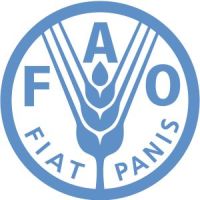 This project investigates the historical role and involvement of experts in debating agricultural policy for Europe in European and global international organizations (IOs). It explores the work, activities and transnational networks of experts, their contribution to diffusing and transferring policy ideas within, across and beyond IOs, and their ability to convert expertise into political and societal influence throughout the 20th century. - Carine Germond
This project investigates the historical role and involvement of experts in debating agricultural policy for Europe in European and global international organizations (IOs). It explores the work, activities and transnational networks of experts, their contribution to diffusing and transferring policy ideas within, across and beyond IOs, and their ability to convert expertise into political and societal influence throughout the 20th century. - Carine Germond
Trondheim Analytica seeks to address one of the most profound challenges for democracy in the 21st century: the social media revolution and its attendant problems of fake news, message targeting, and echo chambers. When political campaigning moves from the public sphere of newspaper, television, and billboards to the public-private sphere of personalised news feeds on Facebook and Twitter, accountability is diminished and the scope for journalistic inquiry and political debate restricted. Alongside these pitfalls, this digital environment also holds potential to empower citizens.
Funding: NTNU Digital Transformation

- Pieter de Wilde and Astrid Rasch (2018 – 2022)
This project seeks to explain and refine our understanding of the role played by trust in European governance, historically and in the present day. Trust, mistrust and distrust are key elements of cooperation between Europeans and their governing institutions. Trust is a cornerstone of public support for these institutions and facilitates cooperation, both of which are essential for a variety of European actors, groups and institutions. At the same time, mistrust towards and among political and economic elites has led to the creation of some of Europe's most powerful supranational institutions.
- Pieter de Wilde, Carine Germond, Lise Rye
Finished projects
This PhD project undertook a critical evaluation of the adoption, evolution and legalization of common EU norms in conventional arms export control. Upon assessing the level of compliance with adopted norms over time, the project questions the impact of norm hardening and legalization on compliance, and offers a new explanation as to why compliance pulls are absent. - Susanne Therese Hansen, finished 2016
 This project investigated salience of European Union (EU) affairs in plenary debates in member state parliaments and its implications for the accountability of EU governance. We used automated content analysis following the web scraping of the historical, digitalized archives of lower Houses of the UK, Germany, The Netherlands, Spain, the Czech Republic and Finland from the early 1990s until 2015. - Pieter de Wilde, finished 2017
This project investigated salience of European Union (EU) affairs in plenary debates in member state parliaments and its implications for the accountability of EU governance. We used automated content analysis following the web scraping of the historical, digitalized archives of lower Houses of the UK, Germany, The Netherlands, Spain, the Czech Republic and Finland from the early 1990s until 2015. - Pieter de Wilde, finished 2017
This project investigated whether globalization generates a cleavage 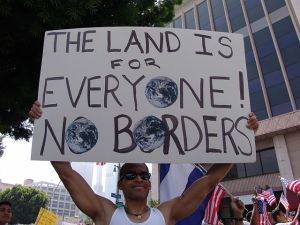 pitting those in favour of open borders and socio-political integration against those favouring closure and demarcation. We analyse conflict patterns surrounding the issues of climate change, human rights, migration, regional integration and trade in Germany, Poland, Turkey, the US and Mexico, as well as within the European Union and the United Nations. - WZB, Pieter de Wilde, finished 2017
pitting those in favour of open borders and socio-political integration against those favouring closure and demarcation. We analyse conflict patterns surrounding the issues of climate change, human rights, migration, regional integration and trade in Germany, Poland, Turkey, the US and Mexico, as well as within the European Union and the United Nations. - WZB, Pieter de Wilde, finished 2017
Researchers
Publications and other research contributions
The departments latest activities in the Norwegian research database Cristin.
